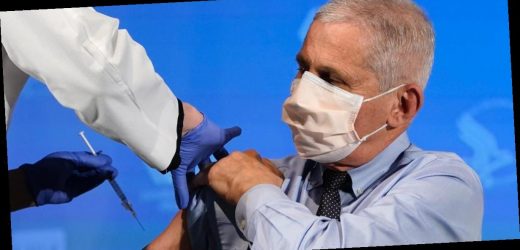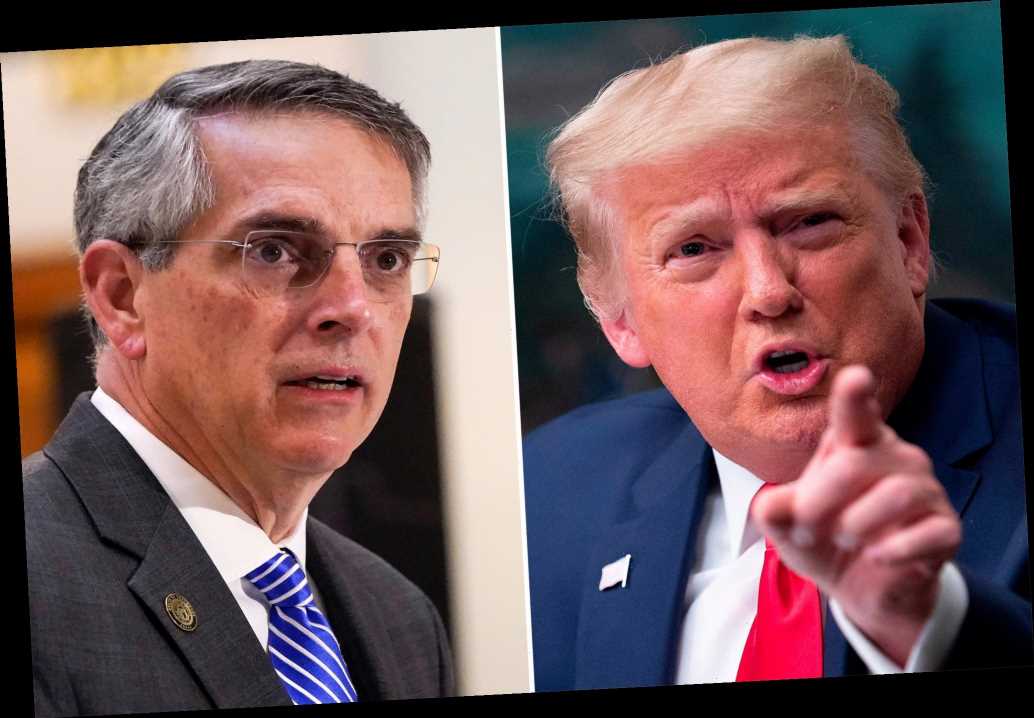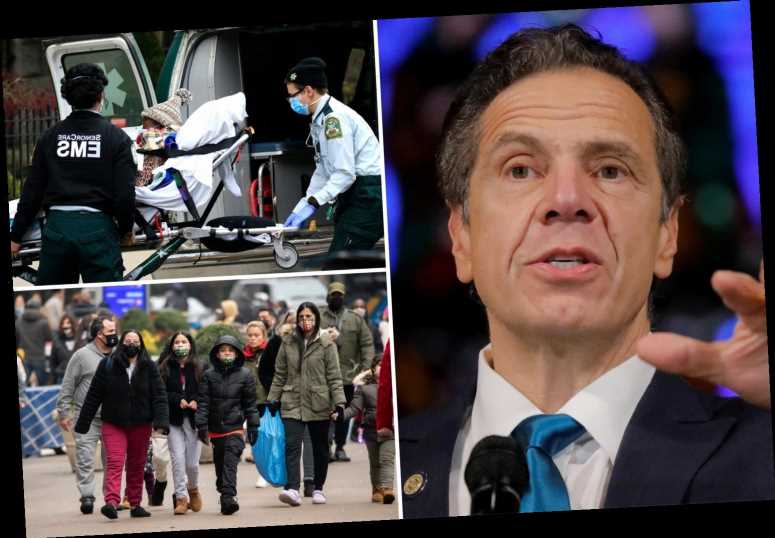- After a painfully slow start, US coronavirus vaccinations could speed up soon, Dr. Anthony Fauci told ABC News' Martha Raddatz on Sunday.
- Fauci said there's no reason why the US can't immunize 1 million people per day right now.
- That would put the country on track to meet President-elect Joe Biden's goal of vaccinating 100 million people in his first 100 days in office.
- Depending on how many people choose to get vaccinated, Fauci said, it might also achieve herd immunity in around 75% to 80% of the population by the end of summer or early fall.
- Visit Business Insider's homepage for more stories.
A few weeks after the first coronavirus vaccine was authorized in the US, it became clear that the nation's vaccine rollout was off to a painfully slow start.
Operation Warp Speed, the Trump administration's coronavirus vaccine initiative, predicted 20 million Americans would get a coronavirus shot by the end of 2020. As of December 30, less than 2.8 million people had received their first injections, according to the US Centers for Disease Control and Prevention.
But Dr. Anthony Fauci, director of the National Institute of Allergy and Infectious Diseases, told ABC News' Martha Raddatz on Sunday that vaccinations could speed up soon.
Fauci said there's no reason why the US can't immunize 1 million people per day right now.
That pace would put the country on track to fulfill President-elect Joe Biden's goal of vaccinating 100 million people in his first 100 days in office.
"We are not where we want to be, there's no doubt about that, but I think we can get there if we really accelerate, get some momentum going, and see what happens as we get into the first couple of weeks of January," Fauci said.
He pointed to New York City's widespread smallpox vaccination efforts in 1947 as an example.
"I was a six-year-old boy who was one of those who got vaccinated," Fauci said. "So if New York City can do 5 million in two weeks, the United States could do a million a day."
Getting vaccinations back on course
In the absence of clear federal guidance, the US vaccine rollout has devolved into a patchwork response that places a heavy burden on already overwhelmed state health departments.
Local officials have been tasked with coordinating vaccination schedules while also confronting a tsunami of sick patients. Many health departments lack the funding to hire enough staff to administer doses in large batches. Others lack the expertise to transfer thousands of doses from local warehouses to the arms of individuals — what experts call the "last-mile" challenge.
"Vaccines sitting on shelves are doing nothing while thousands of Americans are dying," Dr. Ashish Jha, dean of Brown University's School of Public Health, told Business Insider. "This is a travesty. This is the most ridiculous example of an incredible ability of our country to be innovative in producing the vaccine and yet inability of our government to help get it to people."
He added that "the Biden team is going to have a lot of hard work ahead."
Biden's 100-day target will likely require more funding from Congress, in addition to December's roughly $8 billion relief package that helps states with vaccine distribution issues. Many public-health experts say it will also require increased partnership between federal and state governments.
"To say the federal government should do it themselves, that'll never happen," Fauci told Raddatz. "To just leave the states on their own without any help, without any instruction, without any resources, is going to be tough. You've got to have a combination of both."
Some progress so far offers a 'little glimmer of hope'
The US has now administered more than 4.2 million initial doses of coronavirus vaccines as of Saturday morning, the CDC reported. A good chunk of those doses were given out over the last few days.
"Some little glimmer of hope is that in the last 72 hours they've gotten 1.5 million doses into people's arms, which is an average of about 500,000 a day," Fauci told Raddatz.
He estimated that all of the nation's priority groups — including healthcare workers, nursing home residents, frontline essential workers, elderly Americans, and Americans with high-risk medical conditions — could be vaccinated by the end of March or beginning of April.
Around that time in the spring, he added, the US may "have what I call open season on vaccines — namely, anybody who wants a vaccine can get a vaccine." That's in line with previous estimates from federal officials.
"If from April, May, June, July, and August, we do the kind vaccine implementation that I'm talking about, at least a million people a day and maybe more, by the time we end the summer and get to the fall, we will have achieved" herd immunity in around 75% to 80% of the population, Fauci said.
But some experts have called for vaccinations to ramp up even further.
"For us to reach 80% herd immunity through vaccination, it will take us 10 years at a rate of 1 million vaccines a week," Dr. Leana Wen, former Baltimore health commissioner, recently told CNN. "Or, put in a different way, if we want to get there within six months, we have to be doing 3.5 million vaccinations a day."
If you have a story about the coronavirus pandemic you’d like to share, email us at [email protected].
Get the latest coronavirus business & economic impact analysis from Business Insider Intelligence on how COVID-19 is affecting industries.
Source: Read Full Article


